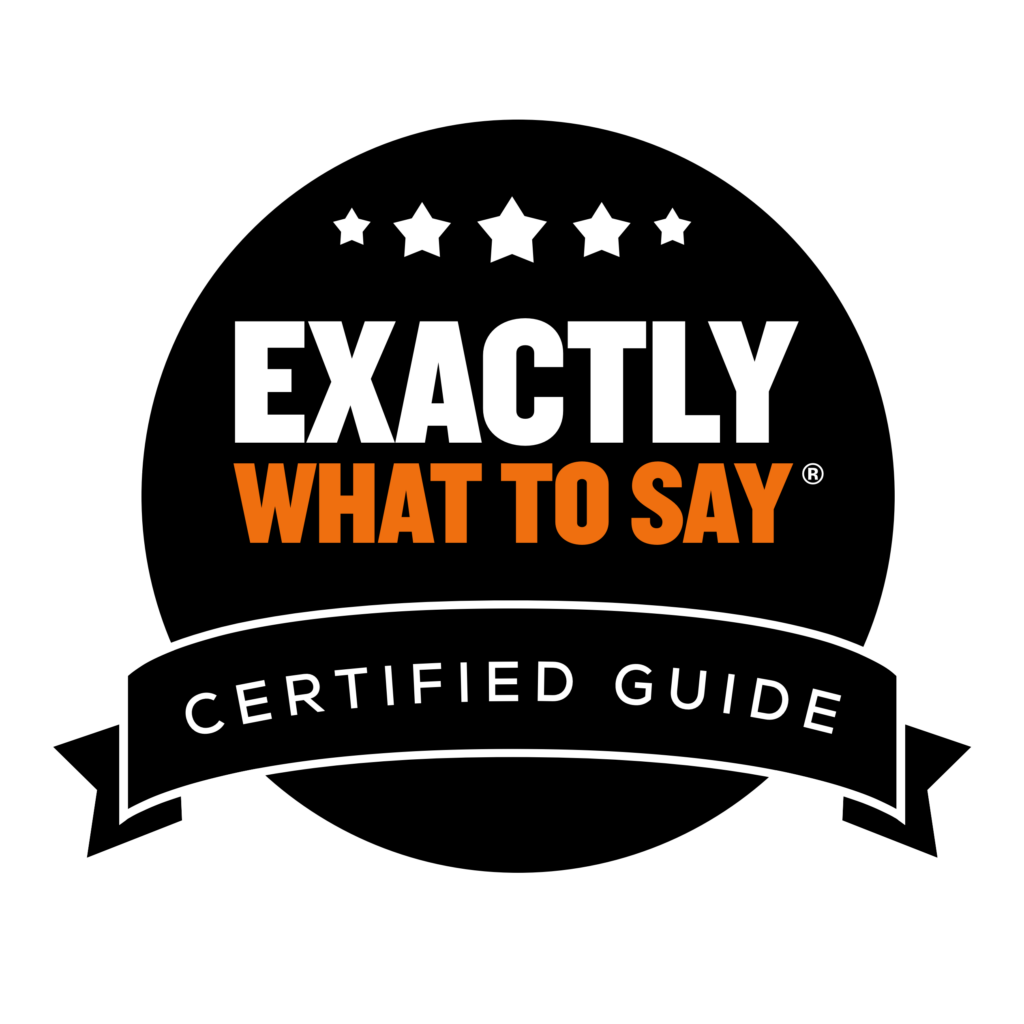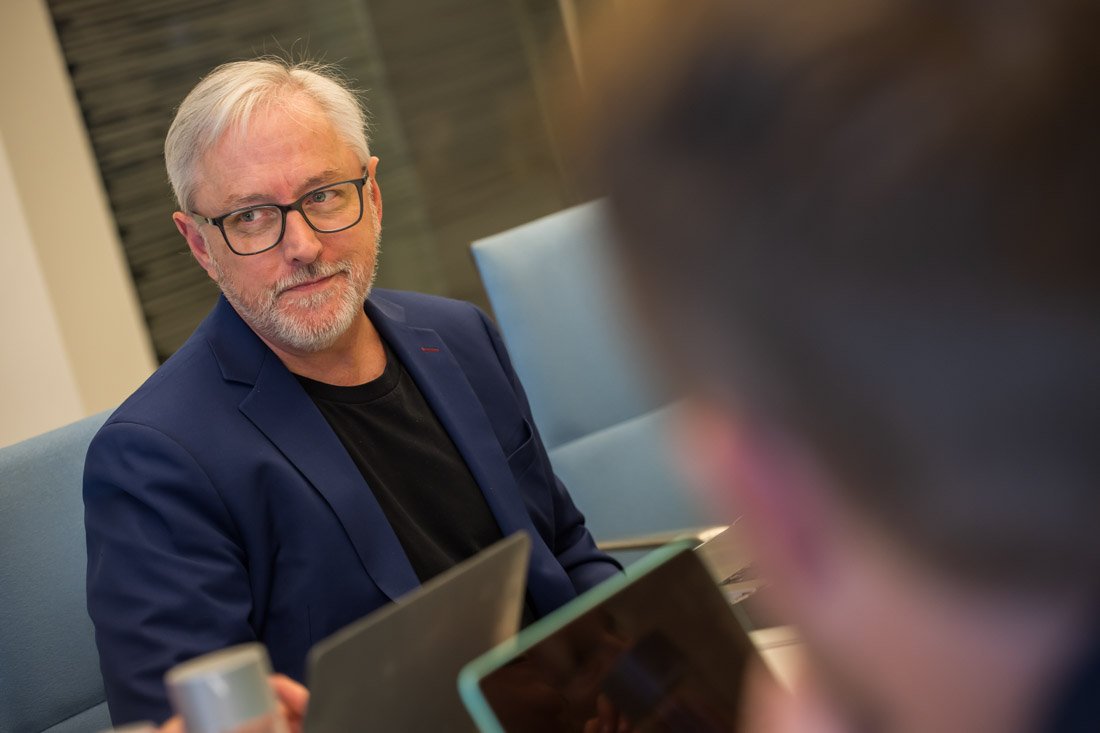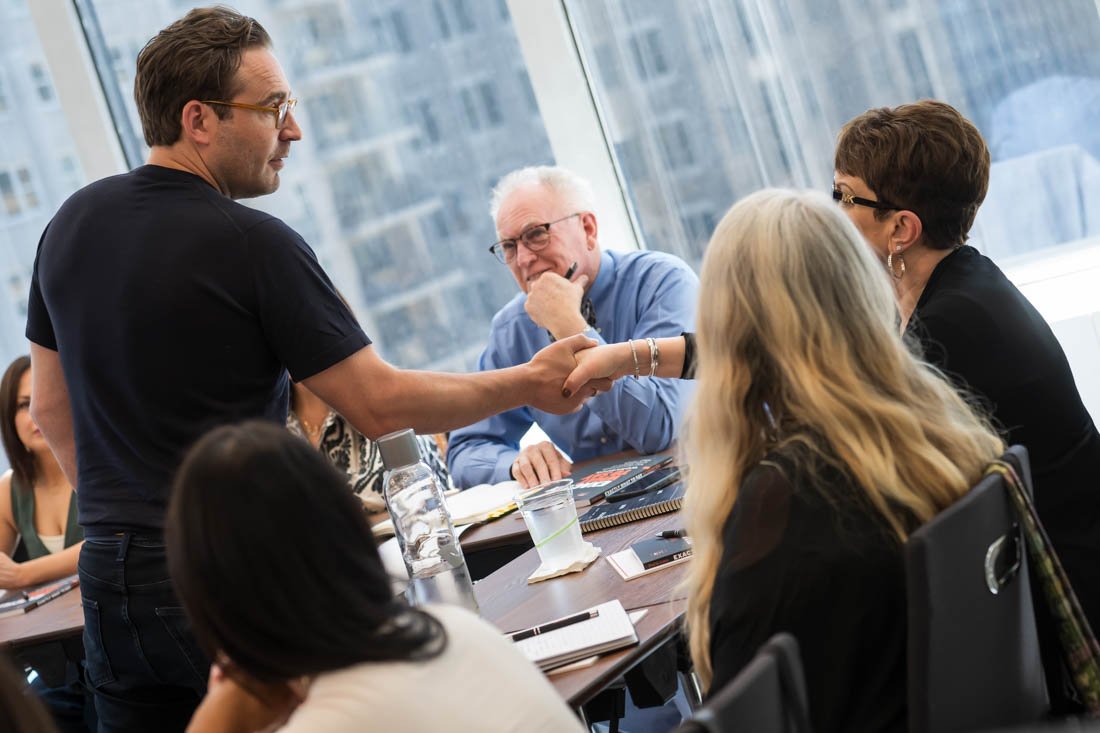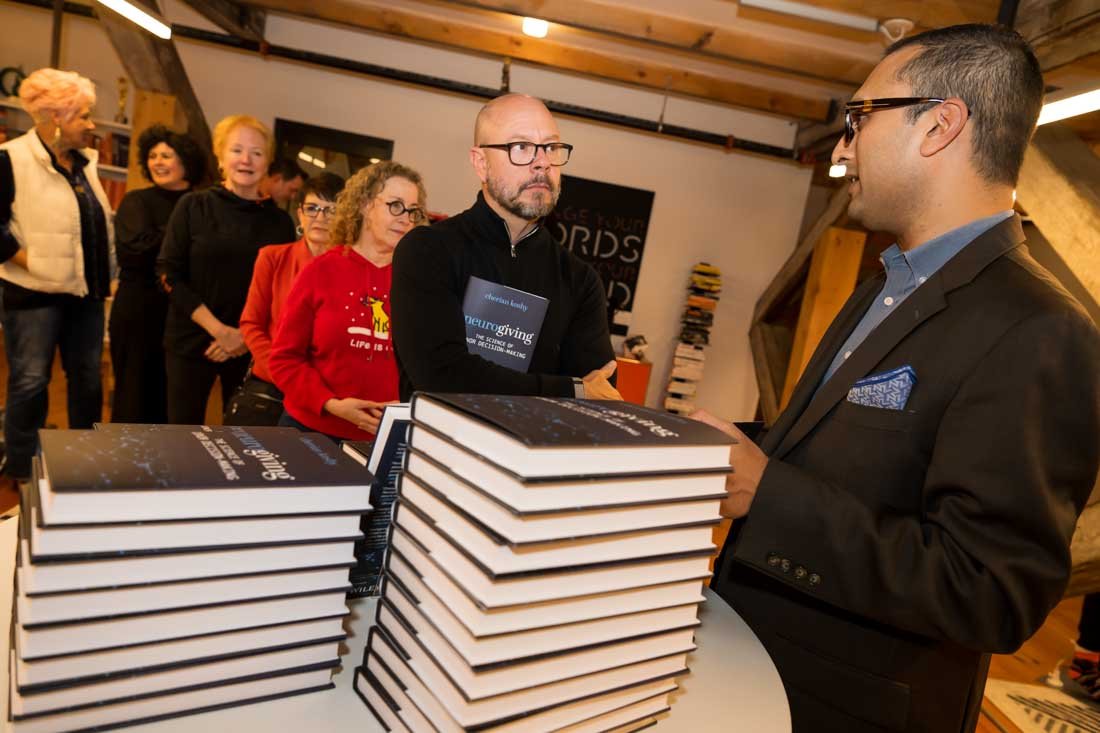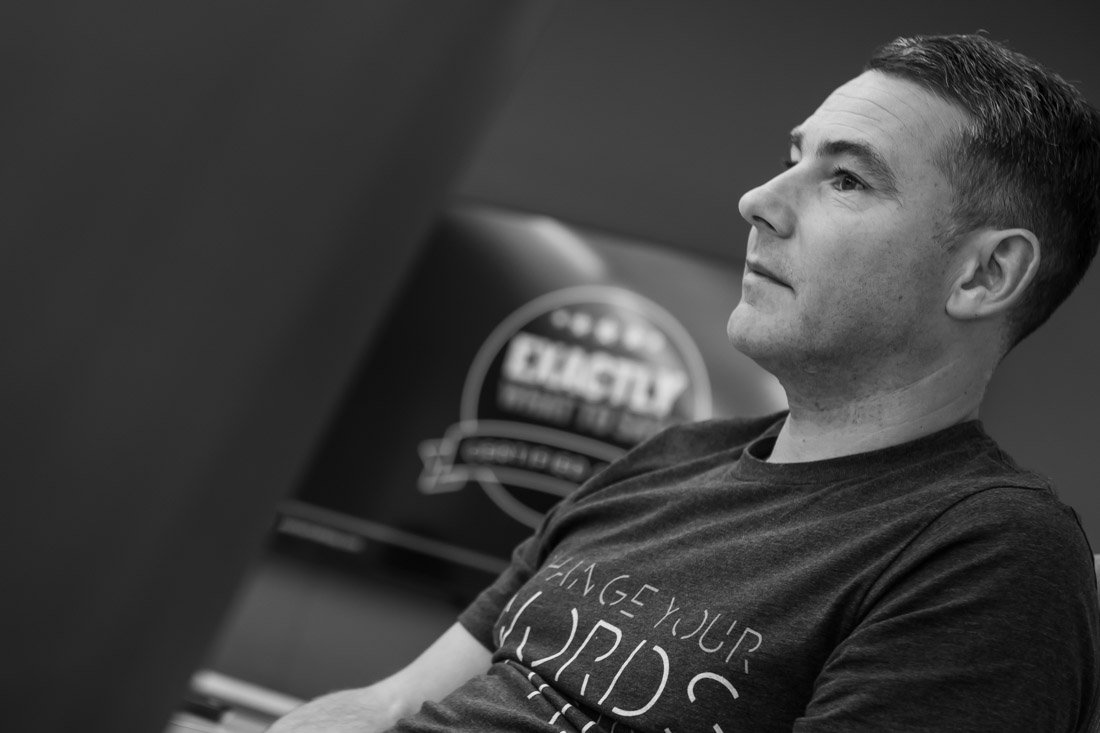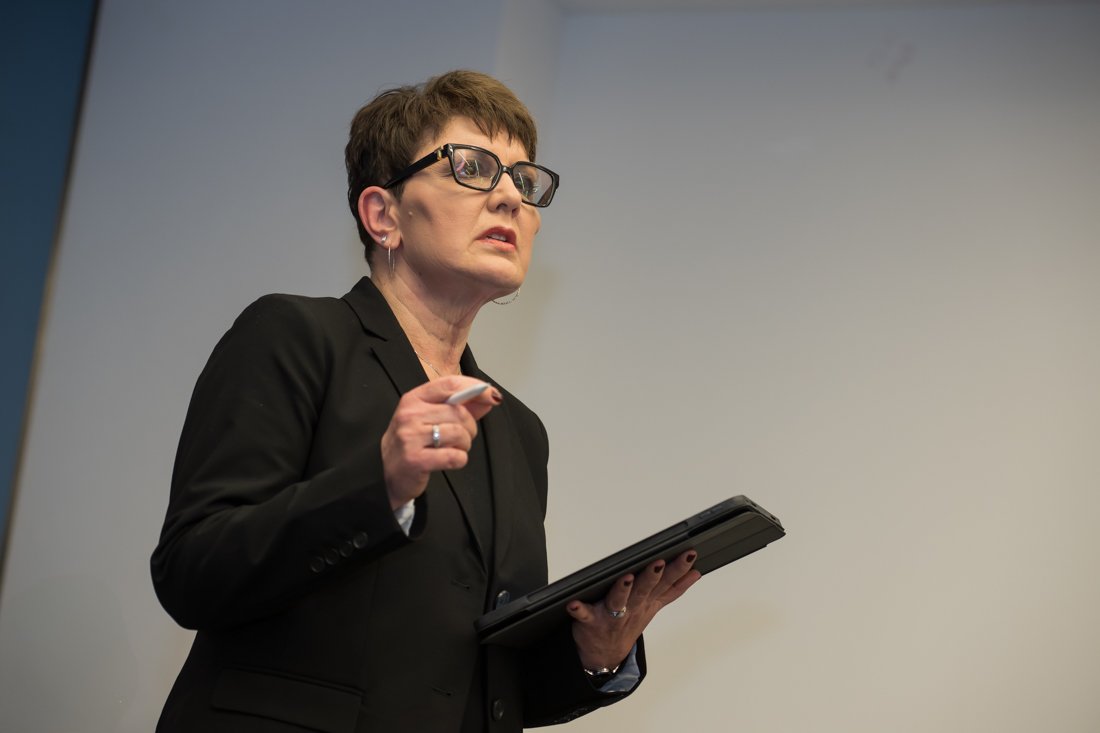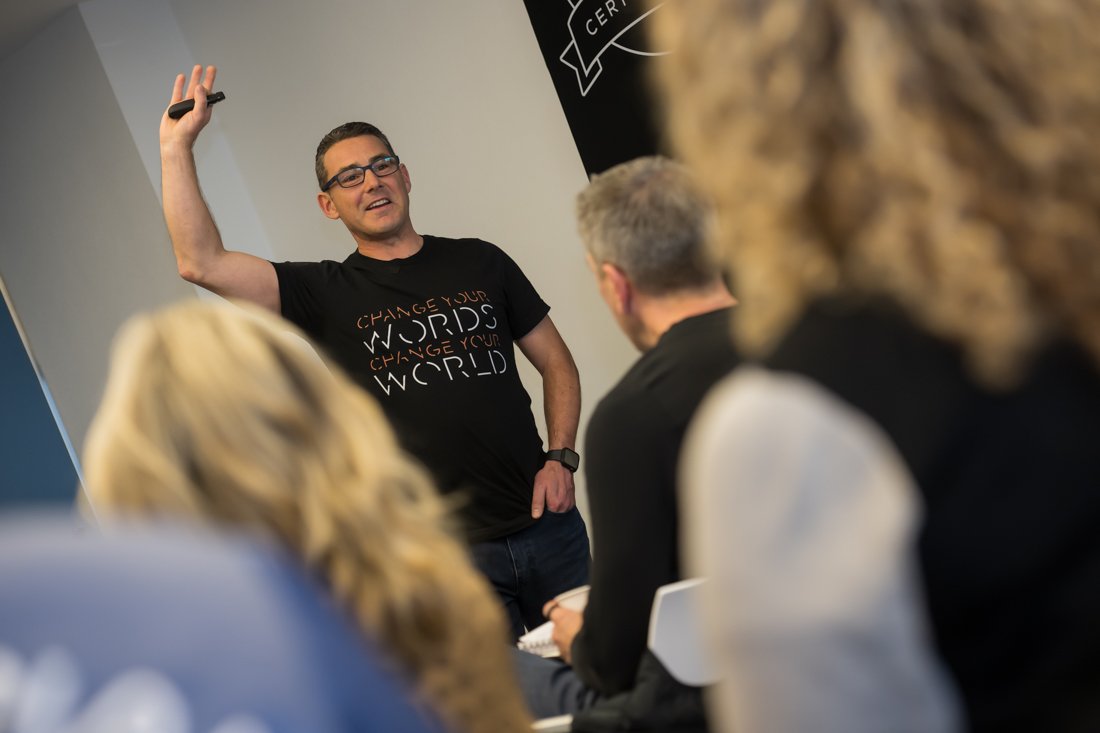A close friend and colleague recently shared a video clip of Mel Robbins discussing “three things you need to accept for what they are.” One of those three? “No response is a response.” That phrase struck a chord.
Because somewhere along the way, silence has become the new response – and it’s quietly damaging relationships, both personal and professional.
A few months ago, someone I trusted and respected offered to support my new business. After some thought, I decided I was interested and followed up. Twice. No reply. It wasn’t the first time, but it was the moment I chose to stop chasing silence.
I felt frustrated, dismissed, and honestly – disrespected.
Of course, this wasn’t the first time a text, email, DM, or voicemail had gone unanswered. But the weight of this one sparked a deeper question: When did it become acceptable to ignore people?
Communication Overwhelm—or Something Else?
The truth is, we’re living in an era of communication overload.
Emails. Group chats. Notifications. Messages in multiple platforms—often simultaneously. Most of us are flooded with far more input than we can reasonably process.
And in the name of boundaries or busyness, non-response has been normalized.
But while it may be common, it’s not without consequence.
Every unanswered message sends a message of its own:
“You don’t matter enough to acknowledge.”
Even if that wasn’t the intention, it can be the impact. And that’s where relationships begin to quietly erode.
Why We Don’t Respond
Could it be possible that most people don’t mean harm? I believe so.
I believe that most of us intend to reply. We read the message, think about what we want to say, maybe even draft the response in our heads – and then we move on. The day takes over. We forget. We tell ourselves, “I’ll get to it later.”
But in the space between intention and action, the other person is left waiting, wondering, or worse – feeling dismissed.
This dynamic is especially risky for leaders, business owners, and anyone building a brand based on trust. Inconsistent communication, even unintentional, erodes credibility. It makes people question your integrity, your attention to detail, or your interest in the relationship.
And I say that with empathy – because I’ve been on both sides.
What We Say (and What We Don’t)
As a performance coach and an Exactly What to Say® Certified Guide, I spend a lot of time helping people shape conversations that lead to action. But some of the most powerful words we use are the ones that signal care and acknowledgment.
You don’t need a perfect reply. You don’t need to have all the answers. But a simple acknowledgment like:
“Thanks for reaching out, I’ll circle back soon,”
or
“I saw your message, give me a day or two to reply properly,”
…goes a long way in preserving connection, trust, and respect.
One of the principles we teach in Exactly What to Say is:
“The worst time to think about what you’re going to say is in the moment you are saying it.”
That applies to responding, too.
If you’ve ever hesitated because you didn’t know how to reply, or didn’t want to say the wrong thing, it might be time to create a few go-to phrases that protect your relationships and your time.
A New Standard
This isn’t about being perfect. It’s about being intentional.
In a world where silence has become the default, responsiveness is no longer expected—which is exactly why it stands out.
Whether you’re leading a team, building a business, or nurturing friendships, your response is your reputation. It tells people who you are, how you lead, and what you value.
So here’s what I’m choosing moving forward:
- To pause before I scroll past.
- To respond, even briefly when someone makes the effort to reach out.
- To model what respectful, intentional communication can look like in today’s distracted world.
Because in a culture that’s quick to ghost, ignore, or avoid, being someone who shows up is a quiet act of influence.
Final thought
Could it be possible that the way you respond – or don’t – says more about your leadership than you realize?


